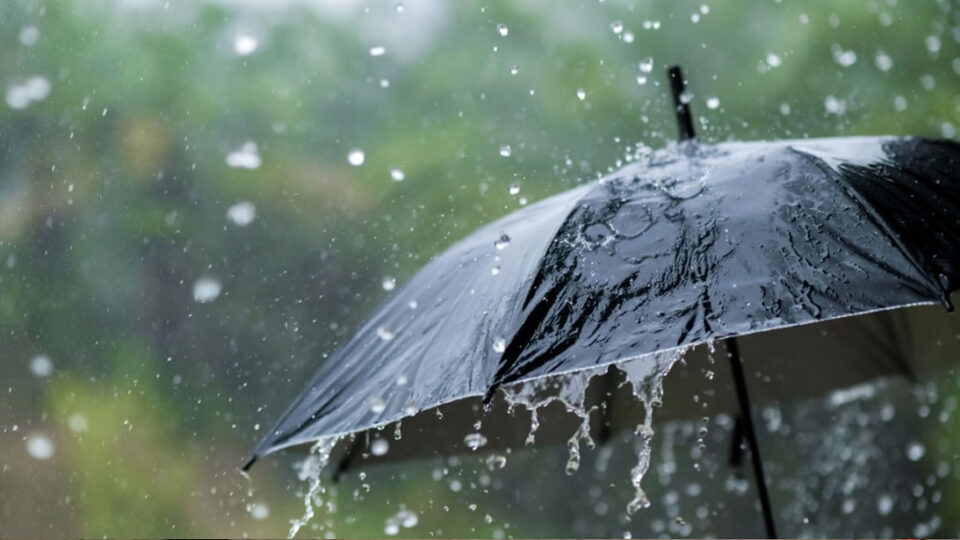Pakistan Braces for Heavy Monsoon Rains and Thunderstorms from July 10 to 12
Pakistan is set to experience another intense wave of monsoon weather from July 10 to 12, with heavy rainfall and thunderstorms forecast across several regions, including Islamabad, Punjab, Khyber Pakhtunkhwa (KP), Balochistan, and Kashmir, according to the latest alerts from weather authorities.
🌧️ Ad powered by advergic.com
Flash Floods & Landslide Warnings Issued
Officials have warned of potential flash floods and landslides, particularly in northern and mountainous regions, due to the expected downpours. The Pakistan Meteorological Department (PMD) has urged residents in vulnerable areas to remain cautious and monitor weather updates closely.
Urban centers such as Lahore, Rawalpindi, and Peshawar are also at risk of urban flooding, especially in low-lying neighborhoods, where drainage systems may become overwhelmed.
Toll from Recent Rains Rises
Over the past ten days, monsoon rains have already claimed at least 72 lives and injured more than 130 people across the country. The threat of further damage to life and property remains high as the monsoon system strengthens.
🚧 In Balochistan and northern Punjab, authorities have issued advisories for possible road closures and travel disruptions. Landslides and waterlogging may impact transportation and communication infrastructure.
Travel Tip:
Before traveling, citizens are encouraged to check road and weather conditions through official sources and avoid unnecessary journeys, especially in hilly or flood-prone areas.
Heatwave Persists in Gilgit-Baltistan
While most of the country braces for heavy rain, extreme heat continues in Gilgit-Baltistan, with temperatures in Chilas reaching 45°C. Health officials advise residents to stay hydrated, avoid direct sun exposure, and take precautions to prevent heat-related illnesses.
🌡️ Safety Guidelines for the Public
To stay safe during this monsoon spell, authorities recommend:
-
Staying indoors during heavy rain or lightning
-
Avoiding travel through flood-prone or mountainous regions
-
Following alerts from the National Disaster Management Authority (NDMA) and local officials
-
Keeping emergency supplies on hand
🌐 Ad powered by advergic.com
📢 Stay Informed:
Follow your local weather office and emergency services for real-time updates during this critical weather period.

